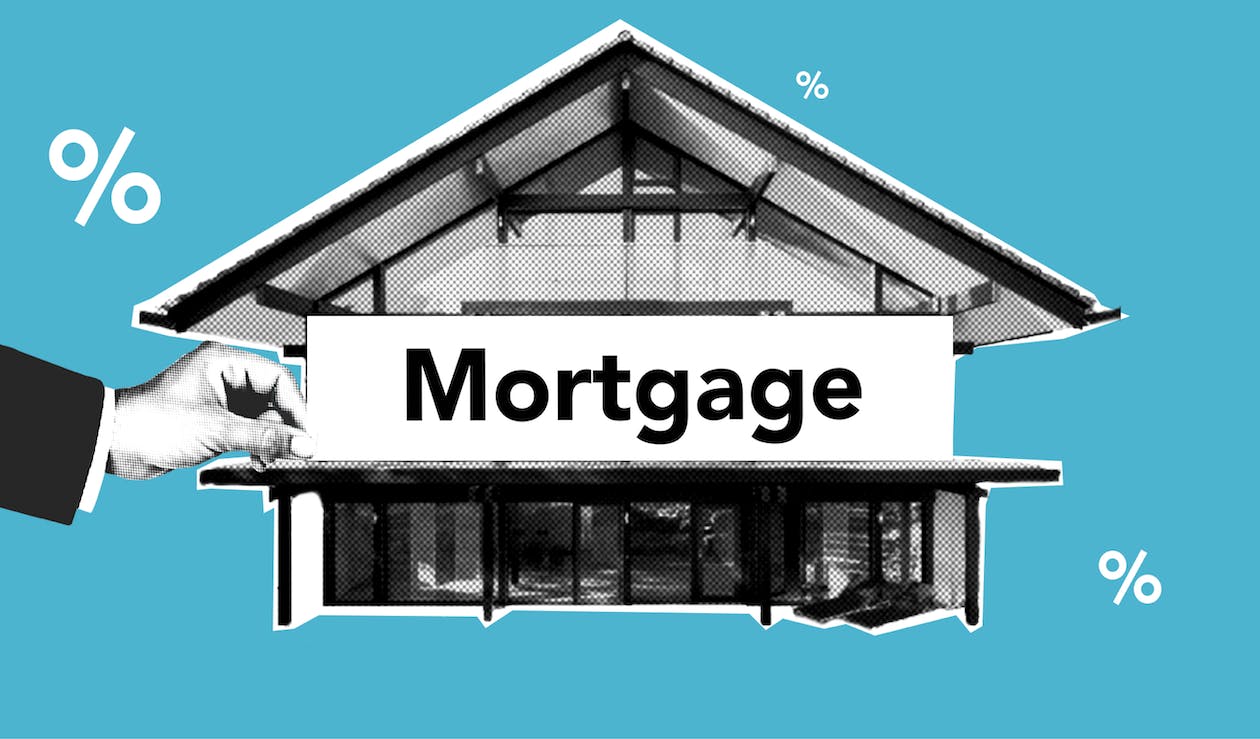In today’s dynamic financial landscape, a poor credit score can be a significant stumbling block when securing loans or credit. Many individuals grapple with the challenges associated with bad credit, whether due to past financial missteps or unforeseen hardships. Nevertheless, armed with the right strategies and a comprehensive understanding of the situation, it is possible to navigate these challenges and work towards improving financial health and boosting creditworthiness. In this article, we will showcase advice for borrowers to navigate the complex landscape of loans, credit, and financial decisions.
Understanding Bad Credit
Bad credit often stems from missed payments, high credit card balances, or loan defaults. Acknowledging the situation is the first step toward recovery when facing a low credit score. Understanding the factors contributing to bad credit is essential for developing an effective plan to rebuild.
Advice for Borrowers: Ways to Improve a Bad Credit Score
- Payment History: On-time payments are the foundation of a good credit score. Set up automatic payments or reminders to ensure timely payments.
- Reduce Credit Card Balances: High credit card balances relative to your credit limit can harm your credit score. Aim to keep your credit utilization below 30%.
- Debt Repayment Plan: Develop a structured plan to pay off existing debts. Prioritize high-interest debts first and gradually work towards clearing all outstanding balances.
- Check Credit Reports Regularly: Obtain free annual credit reports and scrutinize them for errors. Dispute any inaccuracies you find to ensure an accurate reflection of your financial history.
- Secured Credit Cards: Consider obtaining a secure credit card to rebuild your credit. These cards are backed by a cash deposit, reducing the risk for lenders and providing an opportunity to showcase responsible financial behavior.

Advice for Borrowers: Helping Someone with Bad Credit
If you have a friend or family member struggling with bad credit, offering support and guidance can make a substantial difference in their financial journey.
- Encourage Financial Education: Help them understand the factors affecting credit scores and the importance of responsible financial behavior.
- Co-signing: If comfortable and financially able, consider co-signing for a loan. This can give the borrower access to credit and an opportunity to demonstrate responsible repayment.
- Recommend Professional Assistance: Suggest seeking advice from financial counselors or credit repair services. These professionals can offer personalized strategies for credit improvement based on the individual’s unique financial situation.
Managing Bad Credit
Effectively managing lousy credit requires a combination of discipline and strategic planning.
- Budgeting: Create a realistic budget that prioritizes essential expenses and allocates funds towards debt repayment. This not only helps in managing current financial obligations but also prevents accumulating additional debt.
- Emergency Fund: Establish an emergency fund to cover unexpected expenses, reducing the reliance on credit for unforeseen circumstances. This serves as a financial safety net, mitigating the impact of unanticipated financial setbacks.
- Negotiate with Creditors: Proactively contact creditors to discuss payment plans or settlements. Some creditors may be willing to work with individuals facing financial difficulties, providing temporary relief and facilitating a more manageable repayment process.
Best Advice for Borrowing Money and Maintaining a Good Credit Score
- Borrow Only What You Can Repay: Before taking out a loan, thoroughly assess your financial situation. Only borrow an amount that you have the capacity to comfortably repay. This to prevent further damage to your credit and sliding into a debt cycle.
- Diversify Credit Types: Maintaining a healthy credit mix, including credit cards, installment loans, and retail accounts, can positively impact your credit score. However, exercise caution not to open too many accounts simultaneously, as this can be perceived as a sign of financial instability.
- Build a Positive Payment History: Consistently making on-time payments is critical for aiming for a good credit score. Prioritize payments and avoid late fees whenever possible. A positive payment history is a testament to your financial responsibility and reliability as a borrower.
- Monitor Your Credit Regularly: Stay vigilant by regularly checking your credit reports. Monitoring your credit allows you to check errors early, dispute inaccuracies, and track your progress in rebuilding your credit over time.

Conclusion
While the journey of navigating the challenges of bad credit loans may seem arduous, it is essential to approach the situation with a proactive mindset. By implementing responsible financial habits, seeking support when needed, and staying committed to improvement, individuals can overcome the hurdles associated with bad credit and make way for a healthier financial future. Remember, rebuilding credit is a gradual process, and with dedication, it is possible to achieve financial stability and regain control over one’s creditworthiness.




























